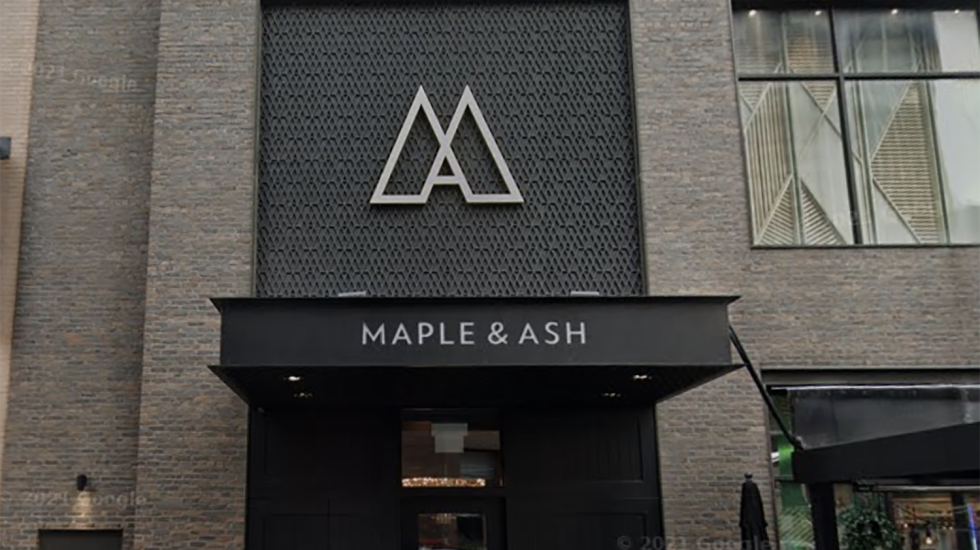
The operators of Maple & Ash, one of Chicago’s most successful restaurants, are accused in a lawsuit of misusing federal Payroll Protection Program pandemic relief money for personal use,.
According to the suit filed in Cook County circuit court, Maple & Ash’s management company diverted some of the millions of dollars it got from Washington to cover bills during the COVID-19 pandemic and used that money for country club dues and private jets.
A lawyer for the restaurant says the lawsuit is baseless.
According to federal records, Maple & Ash on Chicago’s Gold Coast and another Maple & Ash restaurant in Arizona got a total of more than $7.6 million in PPP loans.
The massive COVID relief program — which began soon after the pandemic was declared three years ago — has been plagued by fraud. Employees of several Chicago and Cook County government agencies have been accused of PPP fraud, the Chicago Sun-Times and WBEZ have reported.
Doug Wexler, a lawyer for Maple & Ash co-founder James Lasky, denied the accusations of PPP fraud made in the suit filed Monday, saying they are unfounded.
“The plaintiffs’ attorney likes to make up stuff,” Wexler said.
The lawsuit stems from a long-running legal dispute between Lasky and other investors in the restaurant. Michael Forde, the lawyer for the plaintiffs, declined to comment.
The Chicago steakhouse recorded the highest total sales of any restaurant in Chicago and was ranked the fourth-highest-grossing restaurant in the country last year, according to Restaurant Business, with about $30 million in sales. The trade publication ranked Maple & Ash’s sister restaurant in Scottsdale, Arizona, 12th for 2022.
Federal data from the PPP forgivable-loan initiative shows the Maple & Ash in Chicago got $1.9 million in April 2020 and $2 million the following year and that the Arizona restaurant got $1.71 million in 2020 and $2 million in 2021 from the U.S. Small Business Administration’-run program.
Records filed for the initial PPP loan by the Chicago restaurant said the money was intended to help preserve 220 jobs in the wake of pandemic-related business losses.







